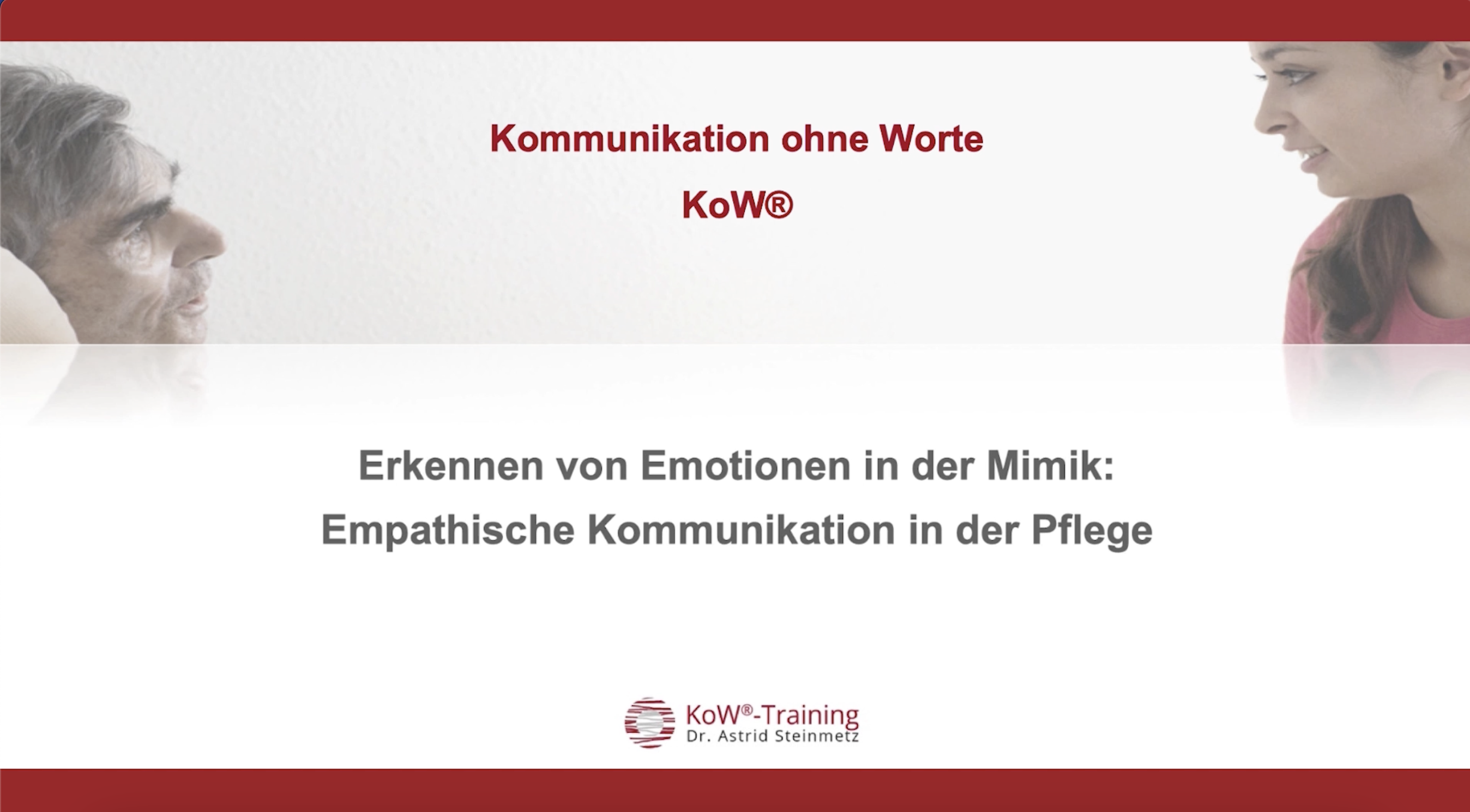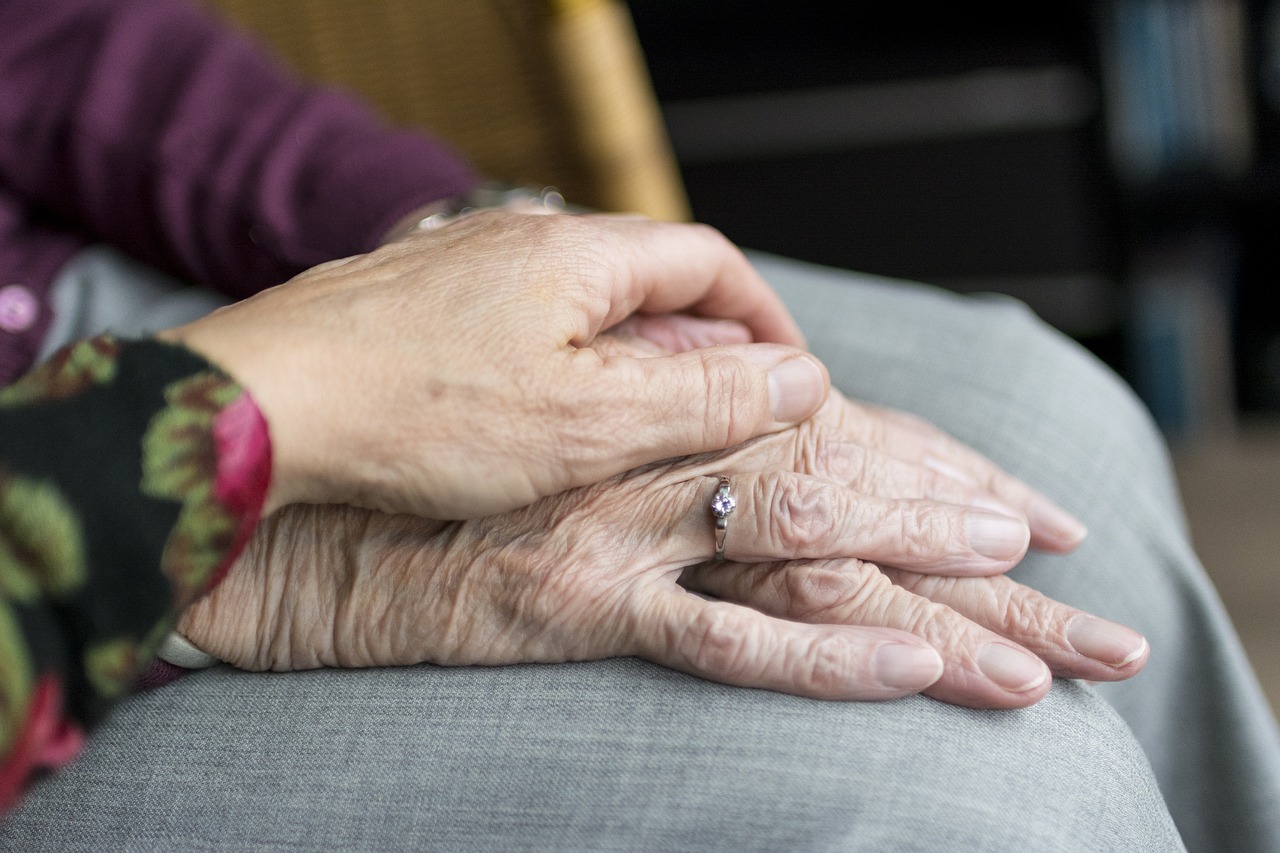Elisabeth Trummer ist DGKP am LKH-Univ. Klinikum Graz und hat sich nach 5 Jahren Berufserfahrung auf die Pflege bei Morbus Parkinson und Bewegungsstörungen spezialisiert. Sie studiert berufsbegleitend im Masterstudium an der Medizinischen Universität Graz und ist für ihre Tätigkeit als Advanced Practice Nurse bzw. Parkinson Nurse zum Teil freigestellt.
Morbus Parkinson ist die zweithäufigste neurodegenerative Erkrankung, neben der Alzheimerdemenz. In Österreich sind geschätzt etwa 20-30.000 Personen betroffen. Parkinson ist eine neurodegenerative Erkrankung, bei der es durch den Untergang dopaminhältiger Zellen in der „substantia nigra“ zu einem Dopaminmangel kommt. Dopamin ist ein Botenstoff, der die Bewegungsimpulse steuert. Bei einem Dopaminmangel kommt es zu unkontrollierten Handlungen, die sich durch verlangsamte Bewegung (Bradykinese), Zittern (Tremor) oder Versteifung der Muskeln (Rigor) äußern.
Neben diesen 3 Kardinalsymptomen zeichnet sich die Erkrankung aus durch weitere Begleitsymptome wie etwa Blasenentleerungsstörungen, chronische Verstopfung, Kreislaufprobleme mit Blutdruckabfall, erhöhter Sturzneigung, Schlafstörungen, Schmerz, Halluzinationen oder Demenz. Dadurch sind die Patient*innen in ihrer Lebensqualität eingeschränkt. Sie haben Probleme bei der Alltagsbewältigung oder Berufsausübung und hier setzt die Pflege an.
Die Pflege achtet besonders auf den Menschen: Welches Symptom belastet ihn? Worauf muss ich als Pflegeperson meinen Fokus setzen, um den Betroffenen mehr Lebensqualität zurück zu bringen?
Das Tätigkeitsfeld der „Parkinson Nurse“ ist in Österreich sehr neu. Diese Ausbildung wird erst seit 2020 angeboten. Die Pflege ist hier natürlich auf die spezielle Pflege und Symptommanagement fokussiert. Dabei geht es nicht nur um die Pflegephänomene und Begleitsymptome, sondern auch das Handling mit invasiven Therapieformen, wie Pumpe oder Tiefe Hirnstimulation.
Eine Advanced Pracitce Nurse (APN) arbeitet anhand wissenschaftlicher, evidenzbasierter Erkenntnisse und verknüpft diese direkt mit der Pflegepraxis zu einem bestimmten Thema oder Krankheitsbild. Als APN wird in direktem Kontakt zu Patient*innen gearbeitet und deren Bezugspersonen in den Pflegeprozess miteingeschlossen. Dabei werden speziell Informationen für Patient*innen evidenzbasiert aufbereitet und Schulungskonzepte erarbeitet. Zudem stellt die Schulung und Informationsweitergabe für die Kolleg*innen einen weiteren Aspekt dieser Tätigkeit dar.
Am LKH-Univ. Klinikum Graz wird derzeit aktiv an der Integration der Parkinson Nurse am gesamten Klinikum gearbeitet. Es werden regelmäßig interdisziplinäre Beratungsgespräche mit Patient*innen in der Bewegungsstörungsambulanz geführt und quartalsmäßig Schulungen für Mitarbeiter*innen zu speziellen Pflegethemen gehalten.














